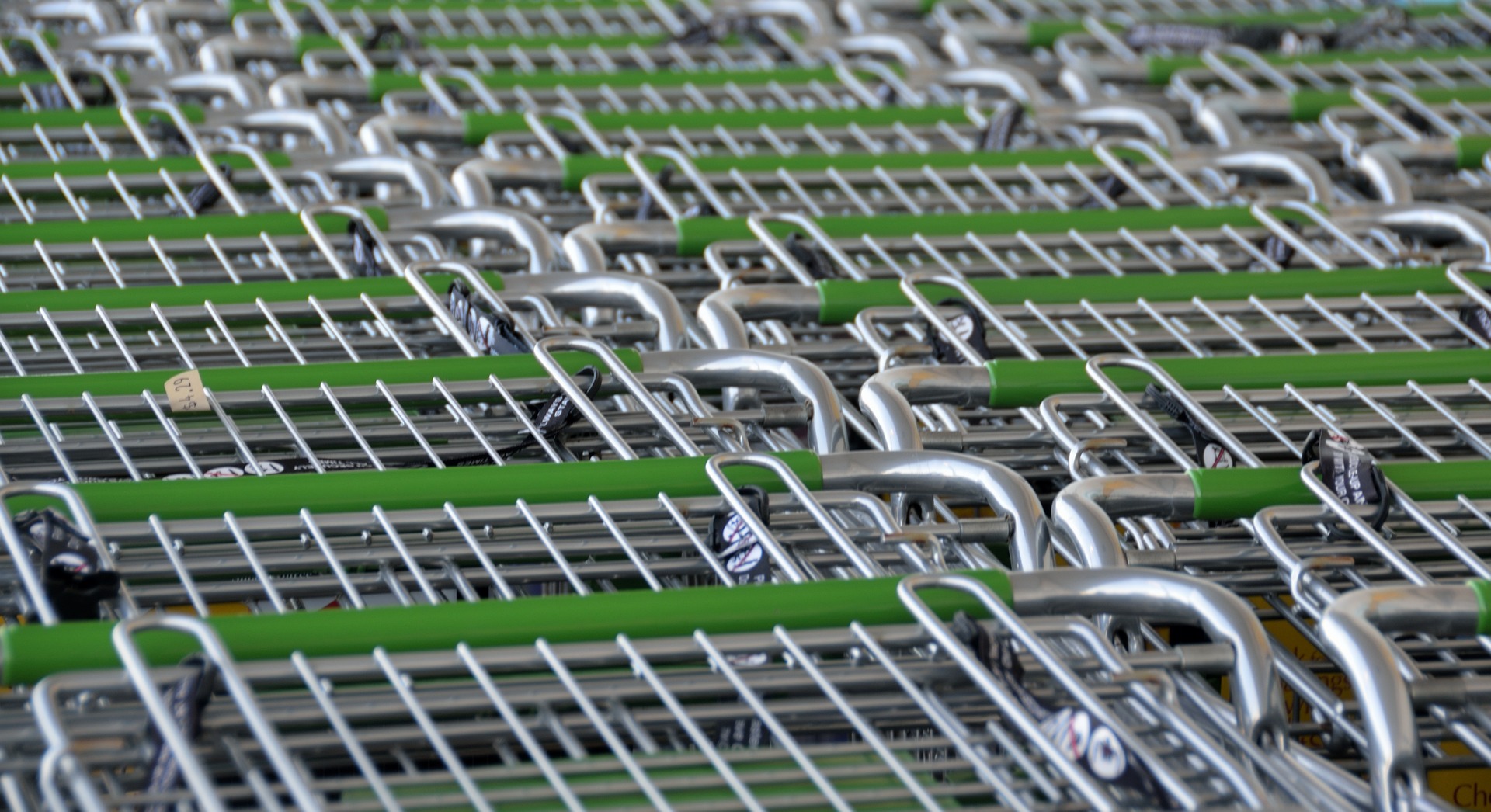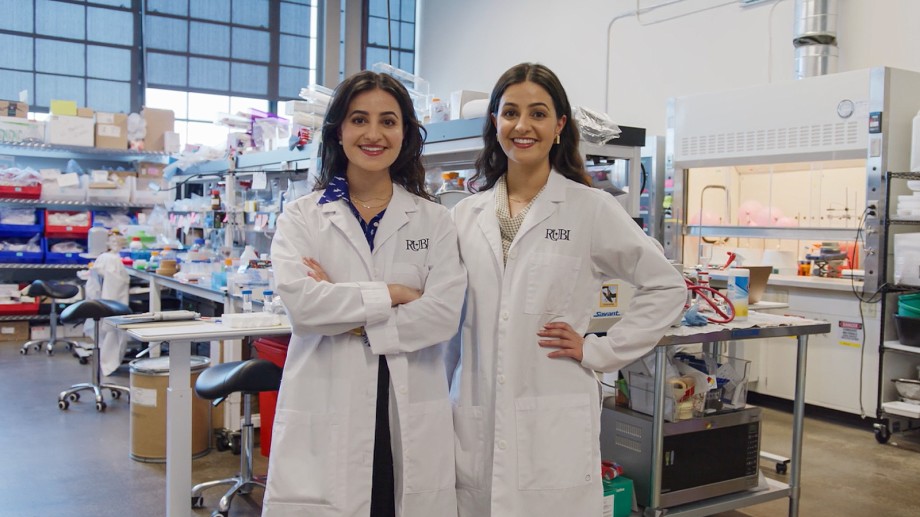Walmart has announced it is partnering with Rubi Laboratories to use carbon emissions to create carbon-negative textiles.
The companies have said they will run pilot projects aiming to capture carbon emissions from manufacturers and facilities in the Walmart supply chain to turn them into a garment prototype.
The manufacturing pilot is designed to examine how the technology could be integrated at a larger scale in the Walmart supply chain and test the capture of carbon emissions at some of Walmart’s facilities.
The brand pilot will test Rubi Labs’ fibre performance in a prototype garment, with a goal of producing garment samples.
Walmart said that if this is successful, a larger apparel collection could follow and be available in its stores.
The founders of Rubi Labs Neeka and Leila Mashouf have mimicked they way that trees "eat" CO2 to create cellulose which is needed for them to grow in their process.
Their patent-pending process, like trees, capture and convert carbon emissions, spinning the resulting cellulose into fabric.
The final products are carbon-negative, resource-neutral textiles that can be used for clothing and other materials.
“At Rubi, our goal is to ensure a thriving future by restoring Earth’s ecological balance with reimagined supply chains,” said Neeka Mashouf, co-founder and chief executive, Rubi Labs. “Walmart’s ability to mobilise positive impact across its supply chain of diverse US partners could be massively impactful in scaling our production and delivering on our commitments."
Latest News
-
Tesco expands data partnership to boost personalised ad campaigns
-
M&S launches one-year guarantee on kid’s clothing
-
Co-op to offer rail engineering apprenticeships to prisoners
-
Card Factory acquires Funky Pigeon from WH Smith for £24m as retailer refocuses on travel
-
BNPL giant Klarna gets greenlight for EMI licence
-
Co-op installs over 6,500 solar panels at its largest distribution centre
Supermicro and NVIDIA’s AI Solution for Retailers
To find out more: click here
Poundland significantly reduces antisocial behaviour, aggression and shoplifting with Motorola Solutions VT100 body cameras
Retail should not be a high-risk occupation. As a company, we are focused on listening to our colleagues and customers to help them with the issues they are facing in-store and so far, the feedback on our body cameras has been excellent. They act as a great visual deterrent, help to de-escalate situations and overall, this project has significantly aided our goal to make the retail environment safer.
For further information on Motorola Solutions’ retail security products, including body cameras, click here.
For further information on Motorola Solutions’ retail security products, including body cameras, click here.
© 2024 Perspective Publishing Privacy & Cookies



.jpg)






Recent Stories